Renault’s Mobilize reveals business plans
Mobilize, Renault’s new mobility brand announced in January has just presented its upcoming projects for the next few years. With Duo, Bento and Hippo, the business unit is presenting, among other things, three fully electric shared mobility vehicles for transporting people and goods.
Renault first publicised the creation of Mobilize when it presented its ‘Renaulution’ strategy. The new business unit is to develop data, mobility and energy-related services for the benefit of customers – and do so profitably: Renault aims to get more than 20 per cent of group sales from these services by 2030. At the ‘Viva Tech’ technology fair in Paris, the unit headed by Clotilde Delbos presented the building blocks on which it is focusing. The core topics are car sharing, the use of second-life batteries, energy services and partnership ecosystems.
Let’s start with the newly developed vehicles specifically made for shared mobility. The French company is basically introducing the EZ-1 with derivatives under new names. The EZ-1 is de facto a successor to the Twizy. At Mobilize, the lightweight electric vehicle is now called Duo and is presented as a two-seater, compact and connected mini-vehicle for car-sharing services. The model is said to be made of 50 per cent recycled materials and is itself 95 per cent recyclable at the end of its life cycle. The cargo counterpart to the Duo is the Bento, a minivan that Mobilize says is good for transporting small goods. The storage space offers a total volume of up to one cubic meter. Completing the trio is the Hippo, a last-mile vehicle in the same design with several interchangeable cargo modules, such as for refrigerated transport or parcel delivery. The Hippo comes with a load volume of up to three cubic meters with a payload of up to 200 kilograms.
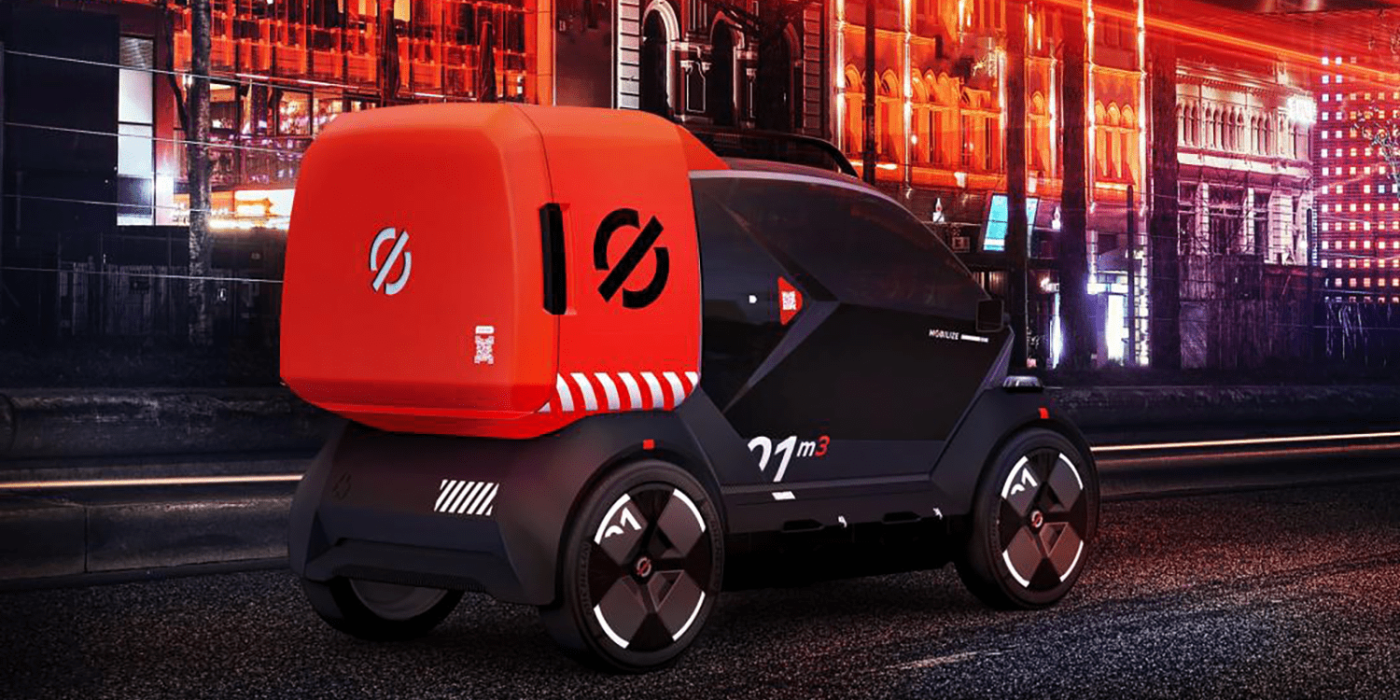
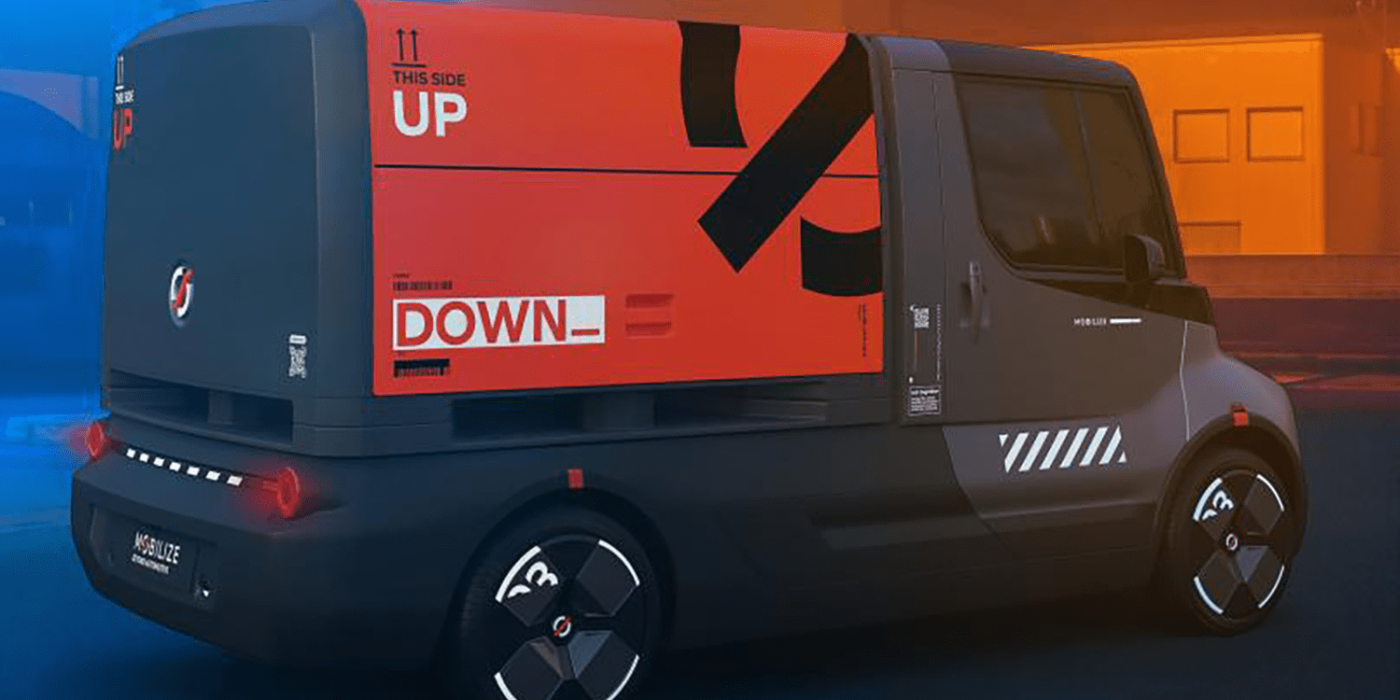
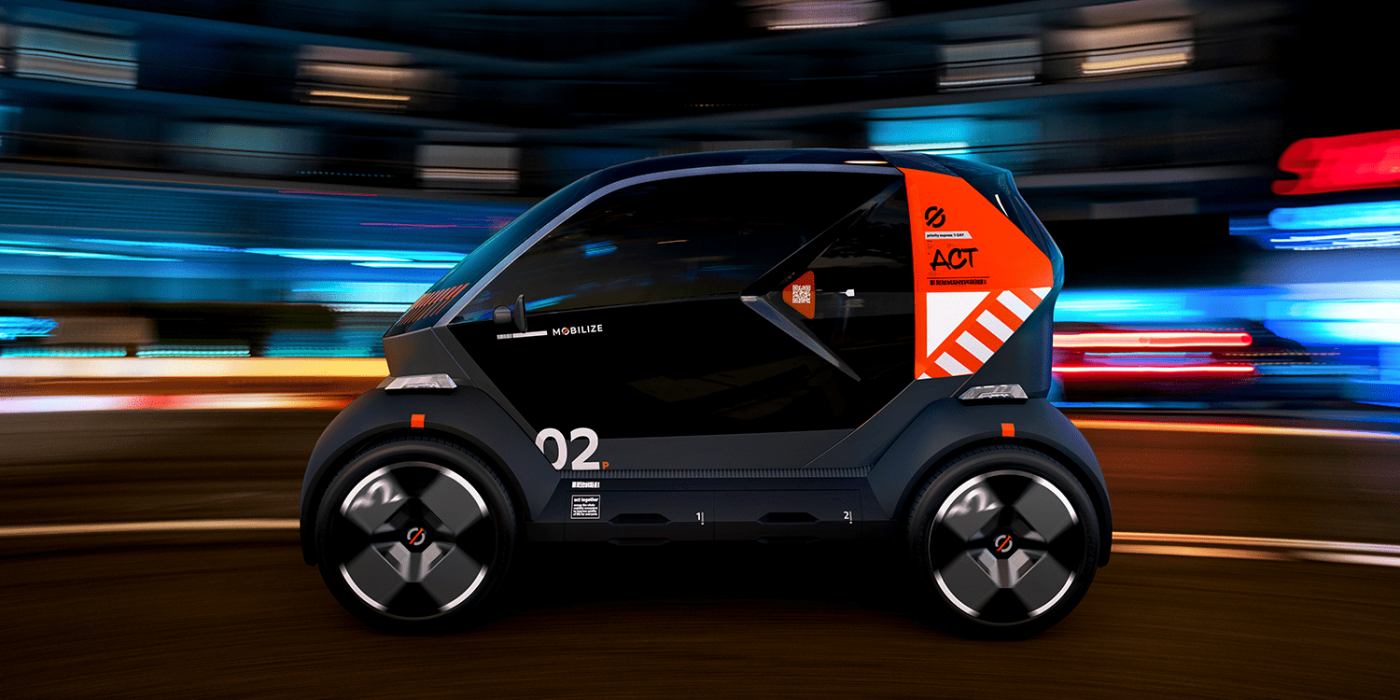
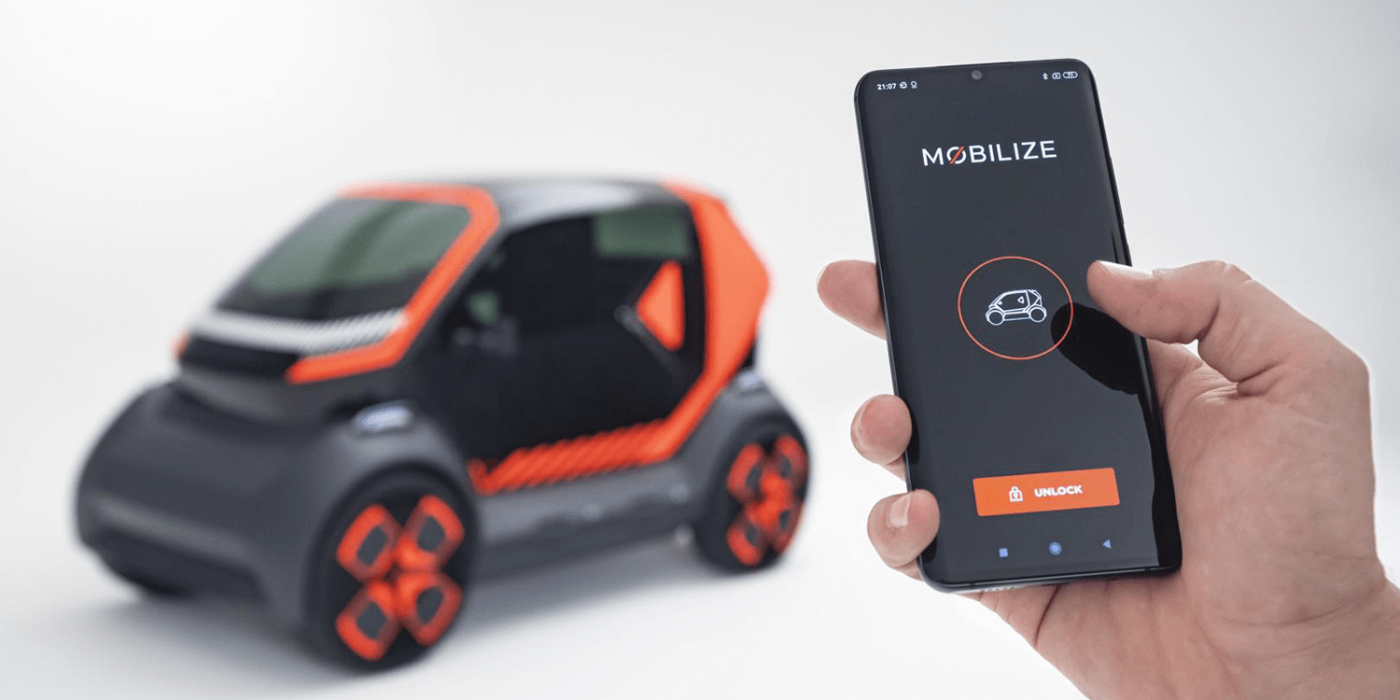
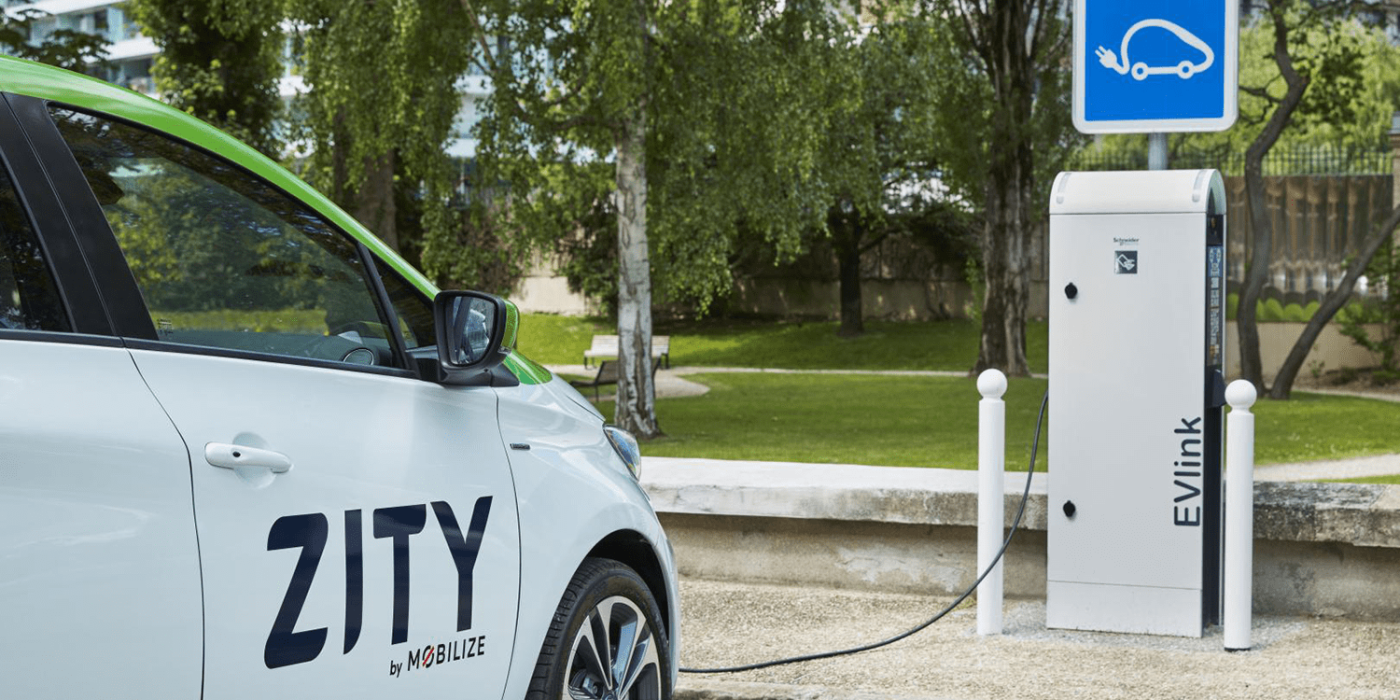
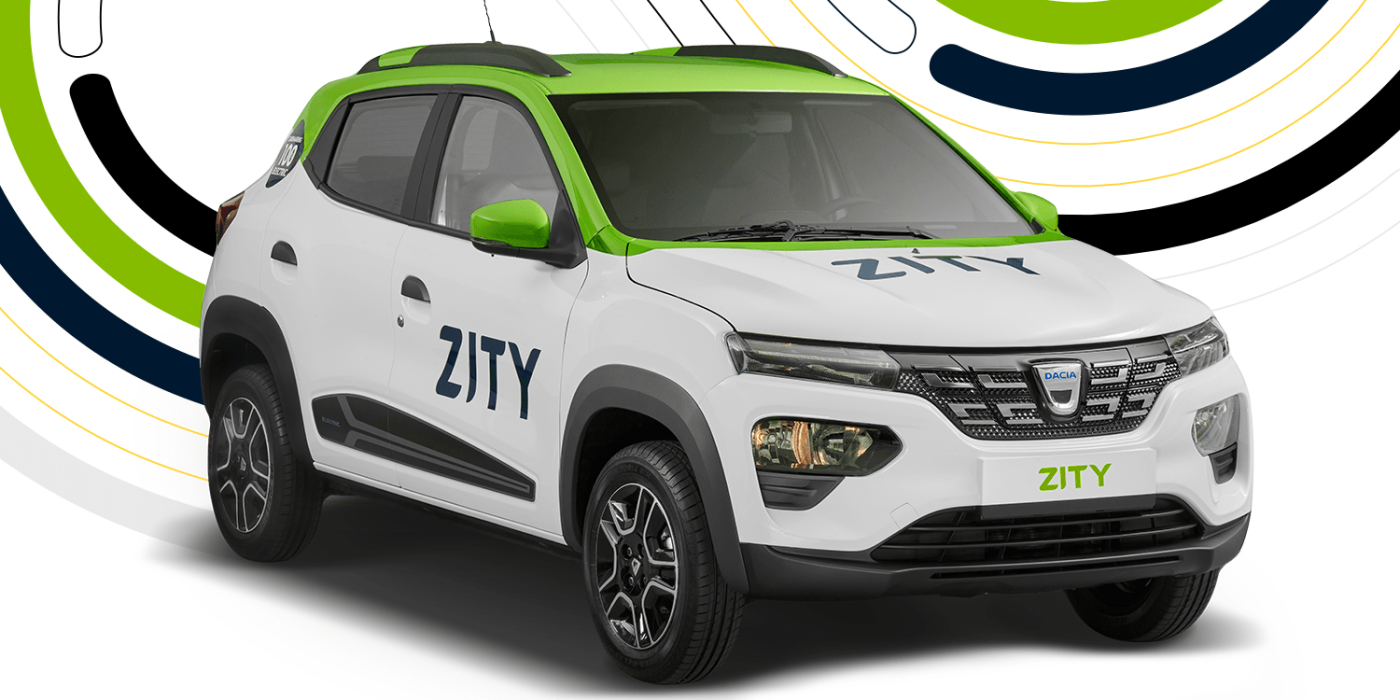
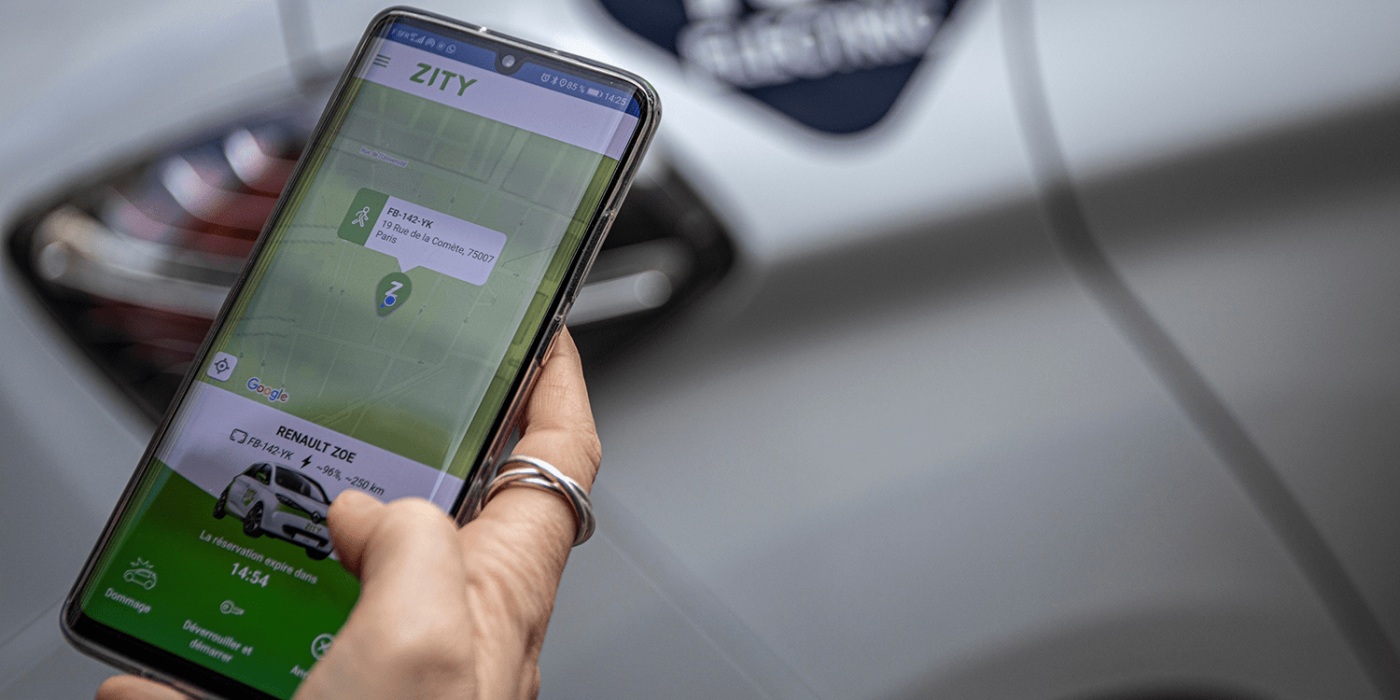
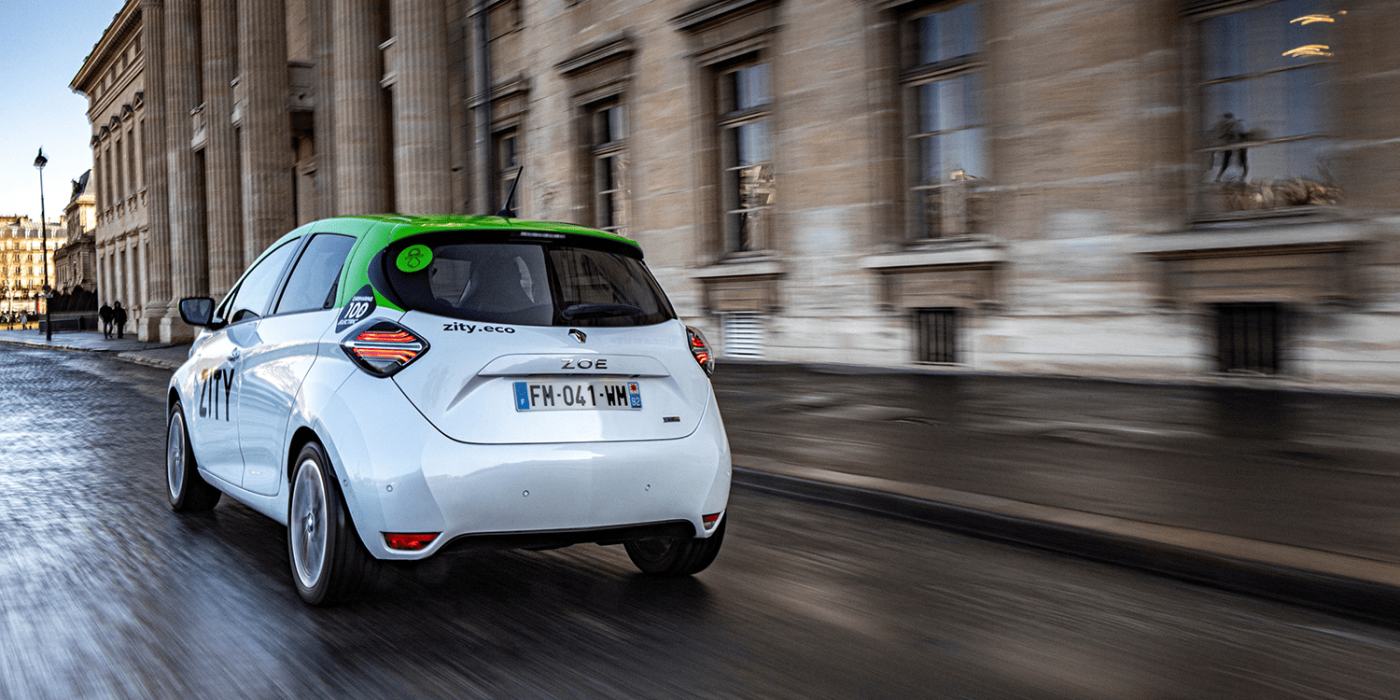
The trio of vehicles is not available for purchase, but only for rent based on time or kilometres. Mobilize has not yet revealed technical details or even the vehicles’ range. Renault had mentioned in January only that the 2.3-meter-long EZ-1 should work both charged and by means of swapping the batteries.
In terms of car sharing, Mobilize is making public that the Zity electric car sharing service offered in Paris and Madrid will be brought under the new brand’s purview, renamed ‘Zity by Mobilize’ and expanded to other cities later this year. As reported this week, Zity will soon begin integrating the Dacia Spring into its fleets.
As another project, the new Renault business unit plans to participate in the Smart Island project on the island of Île d’Yeu off the west coast of France. Together with the companies Enedis and Qovoltis, the local administration and other project partners, Mobilize wants to accelerate the conversion to electric vehicles on site and develop a plan for an innovative charging infrastructure to meet demand. The project also aims to use solar energy and integrate electric vehicles into the local energy grid via V2G. For Renault Group, this is not its first “Smart Island Project.” In 2018, the French company began an initiative to make the Portuguese island of Porto Santo carbon neutral.
Mobilize also wants to develop its business in the direction of second-life battery use. To that end, the mobility brand is partnering with Berlin, Germany-based startup called ‘betteries AMPS GmbH’. The aim of the cooperation is to produce mobile, modular and versatile energy storage systems based on retired electric car batteries. The multi-purpose energy system developed by the partners consists of one to four 2.3 kWh units called betterPacks, which can thus reach a maximum capacity of 9.2 kWh. “This is roughly equivalent to the average daily consumption of a household. Since the system is emission-free and silent, it is suitable as a transportable power generator for many applications where connection to the power grid is not possible: construction sites, food trucks, solar energy storage, film shoots and events, or even on small electric boats,” Mobilize said. Production of this storage system is scheduled to begin in September at Renault’s Flins plant.
Renault is also moving other existing services under the Mobilize flag: For example, on charging front, the Renault charging service Elexent is being renamed Mobilize Power Solutions. Tailored charging solutions for fleet customers are at the core of this section, ranging from consulting to operation. The service now operates in eleven countries in Europe.
On the electric vehicle rental services front, the Renault Mobility brokerage and self-service rental service is now being called Mobilize Share. The fleet has 15,000 vehicles in Europe, including 4,000 electric vehicles. Rental periods range from one day to one month. Under the Mobilize Share sub-brand (and apparently not under Zity by Mobilize), an all-electric car-sharing service is also scheduled to launch “soon” in Bergamo, Italy, and four neighbouring municipalities.
Finally, Mobilize has announced that it will rely on the ecosystems of complementary partners. The company gives one such example of this approach with the Mobilité360 project. In this project, BlaBlaCar, Mobilize, the RATP Group and Uber “come together to use their complementary know-how to offer simpler, more environmentally friendly and sustainable shared mobility solutions for cities and citizens”. Mobilize did not extrapolate with further details.
“Issues relating to mobility and energy transition are at the heart of concerns shared by consumers, businesses, cities, and territories,” summarizes Mobilize CEO Clotilde Delbos on the occasion of the outlined projects. The goal, she said, is to create a more sustainable world through mobility, energy and data services. “Building on partner ecosystems that are complementary to our own, we want to provide concrete solutions to promote ecological transition and develop more accessible mobility for people and goods, especially in complex and congested urban environments.”
Reporting by Cora Werwitzke, France

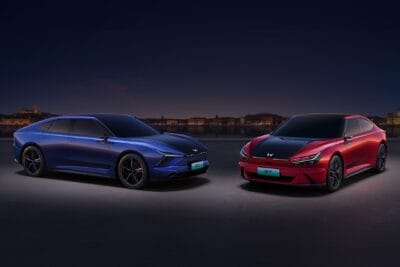

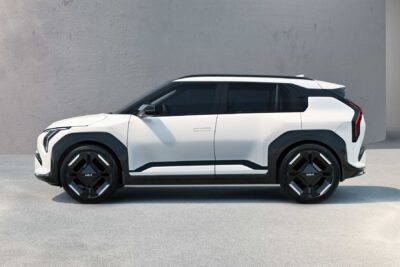
0 Comments